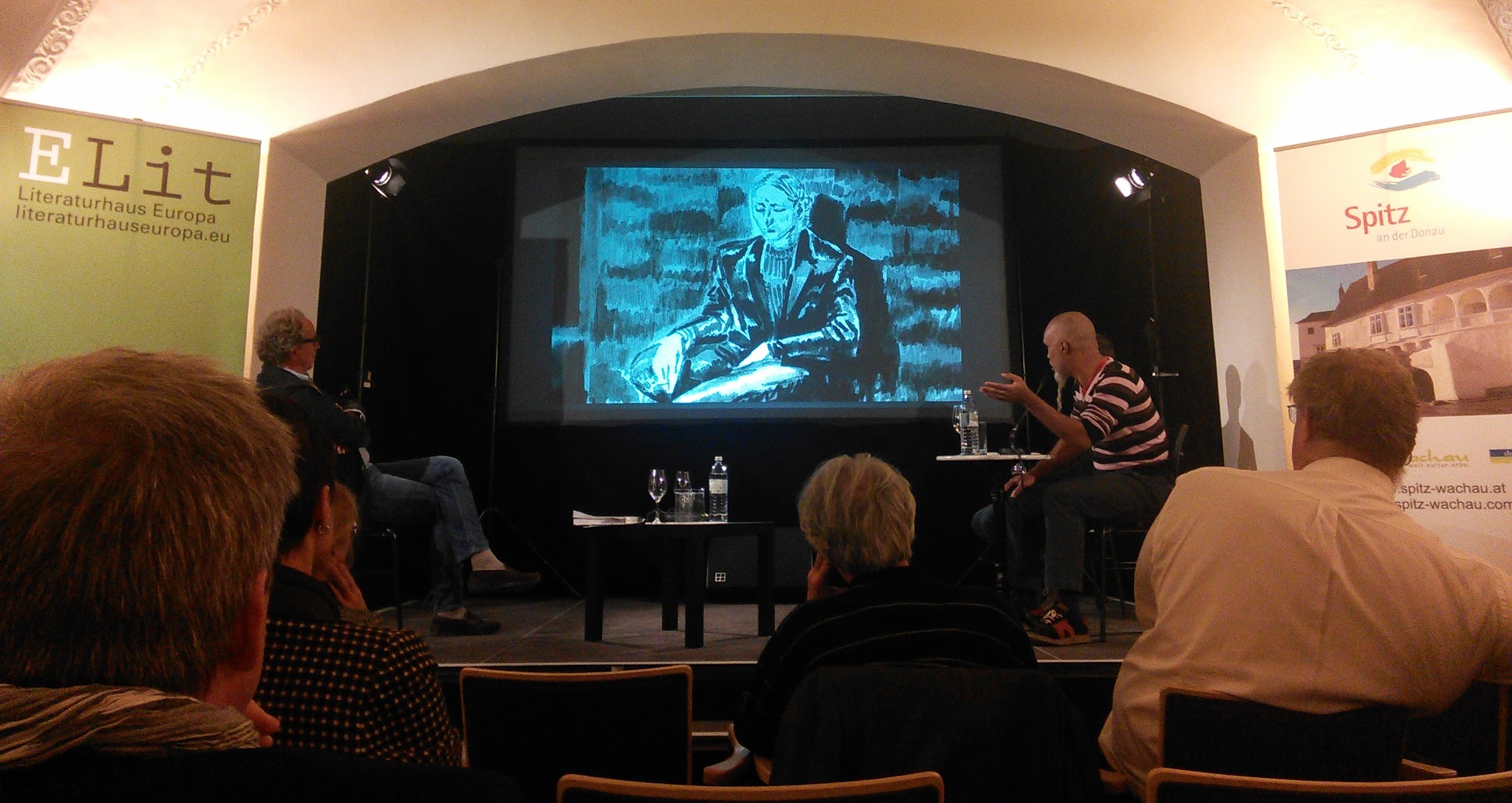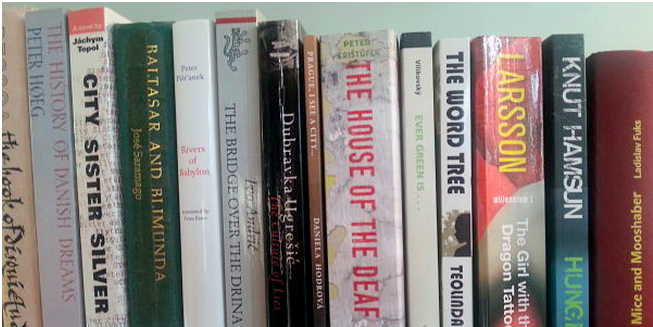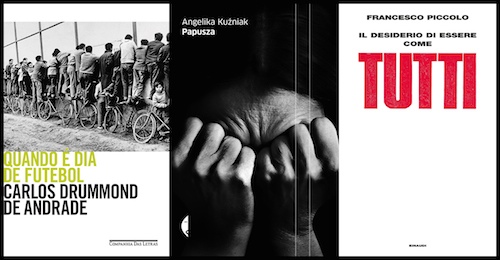Every year since 2009, writers, critics, and literature lovers have been flocking to the Austrian region of Wachau for the European Days of Literature. Late this October, I was fortunate to spend three glorious autumn days surrounded by vineyards in Spitz and Krems on the Danube, to talk about all things literary and listen to authors read from their works, all liberally sprinkled with local Grüner Veltliner. Literature was center stage throughout—and there was a perfect balance between readings, panel discussions, informal chats and the picturesque setting—no wonder many of the participants have been coming year after year.
The overarching theme of this year’s gathering—The Migrants (Die Ausgewanderten)—was chosen with a view to discuss the ways European literature has been changing through and along with the increasing migration of authors. Little did the organizers know that the symposium would take place at a time when migration dominates the media headlines as thousands of desperate refugees risk their lives to cross the Mediterranean and trek through Europe seeking sanctuary, putting the old continent’s humanitarian values, tolerance and unity to a test and threatening the very foundations of the European Project.
“Some of the best writing in Europe today is migrant writing,” said writer AL Kennedy, who tries not to define herself as having a specific nationality. In her powerful keynote speech (podcast recording here) she tackled the current migration crisis head on: “Between my first draft and my last a photograph of a small boy made it to headlines of many newspapers which had, only hours before, been pouring out hatred at refugees as a moral, cultural, biological and spiritual threat. As David Cameron put it: ‘a swarm of people.’ When people are in a swarm, they aren’t people. They are both of an alien species and a danger. When words put them in a swarm, they don’t receive the real world’s help.”
Practising art alone is not enough at times like these, she argued in her impassioned address, for “true art is not an indulgence but a fundamental defence of humanity.” She challenged writers to take on a more activist stand, using tweets, poetry, and bestselling novels, to create “50 shades of refugee.“






